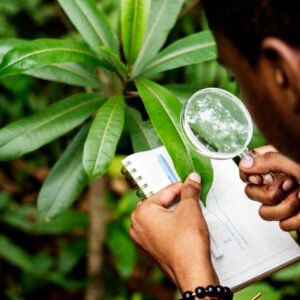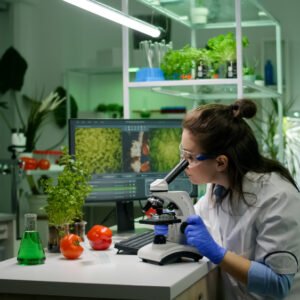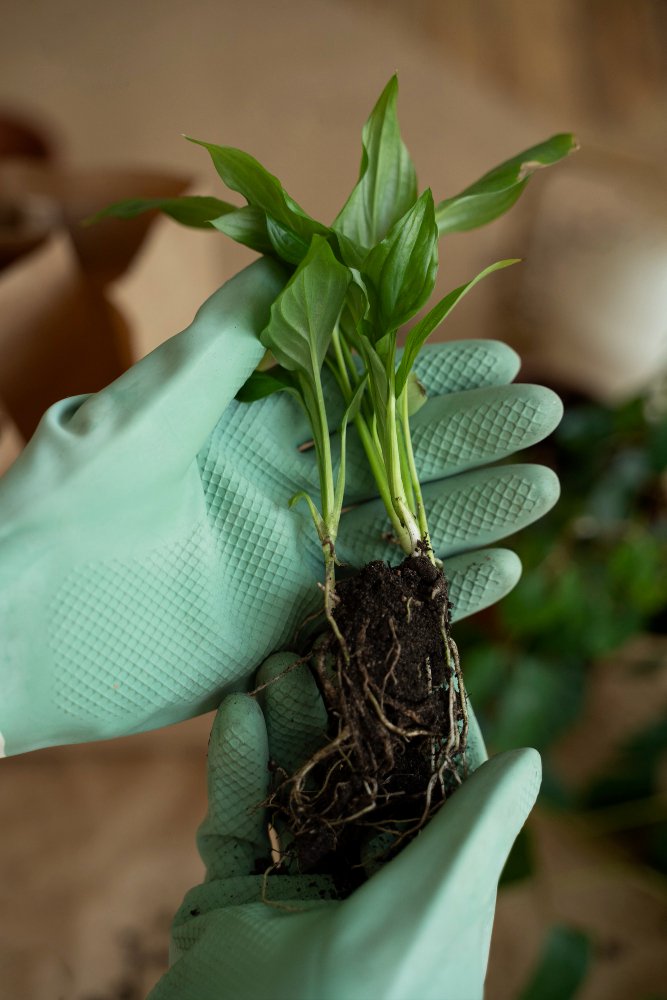In this course, students will explore the internal structure of plants at the cellular, tissue, and organ levels. Topics include the study of plant cells, tissues (meristematic, ground, vascular, and dermal tissues), and the anatomy of roots, stems, leaves, and flowers. Emphasis is placed on microscopic techniques and laboratory work, allowing students to observe and analyze plant structures firsthand. This course provides essential knowledge for careers in plant biology, agriculture, and horticulture.
Plant Anatomy
Related products
-
 Add to cart
Add to cartThis course offers a comprehensive introduction to the field of plant botany. Students will explore the fundamental principles of plant biology, including plant structure, function, growth, and reproduction. Key topics include the major plant groups (algae, bryophytes, pteridophytes, gymnosperms, and angiosperms), plant morphology, and the basics of plant taxonomy. The course is designed for beginners…
-
 Add to cart
Add to cartEthnobotany explores the relationships between people and plants across different cultures. Students will study how plants are used for food, medicine, shelter, clothing, and rituals. The course covers traditional knowledge systems, plant domestication, and the role of plants in cultural heritage. Fieldwork and ethnographic research methods will allow students to document and analyze plant uses…
-
 Add to cart
Add to cartEconomic Botany examines the economic importance of plants and their products. Students will study a wide range of plants that are essential to human life, including food crops, medicinal herbs, fiber plants, and timber. The course covers the cultivation, processing, and commercial use of these plants, as well as their role in different cultures and…
-
 Add to cart
Add to cartThis course explores the fascinating world of medicinal plants and their applications in natural and ayurvedic medicine. Students will learn about the historical and cultural significance of medicinal plants, the active compounds responsible for their therapeutic effects, and the scientific basis for their use. Topics include plant-based remedies for common ailments, the preparation and administration…
-
 Add to cart
Add to cartThis course provides an in-depth study of plant classification and identification. Students will learn the principles of taxonomy, including the use of keys, manuals, and molecular techniques to identify plant species. The course covers the evolutionary relationships among plants, the history of plant classification systems, and current trends in plant systematics. Practical sessions will involve…


